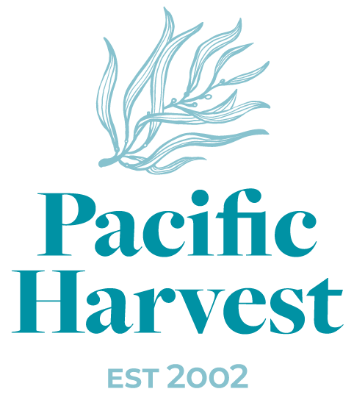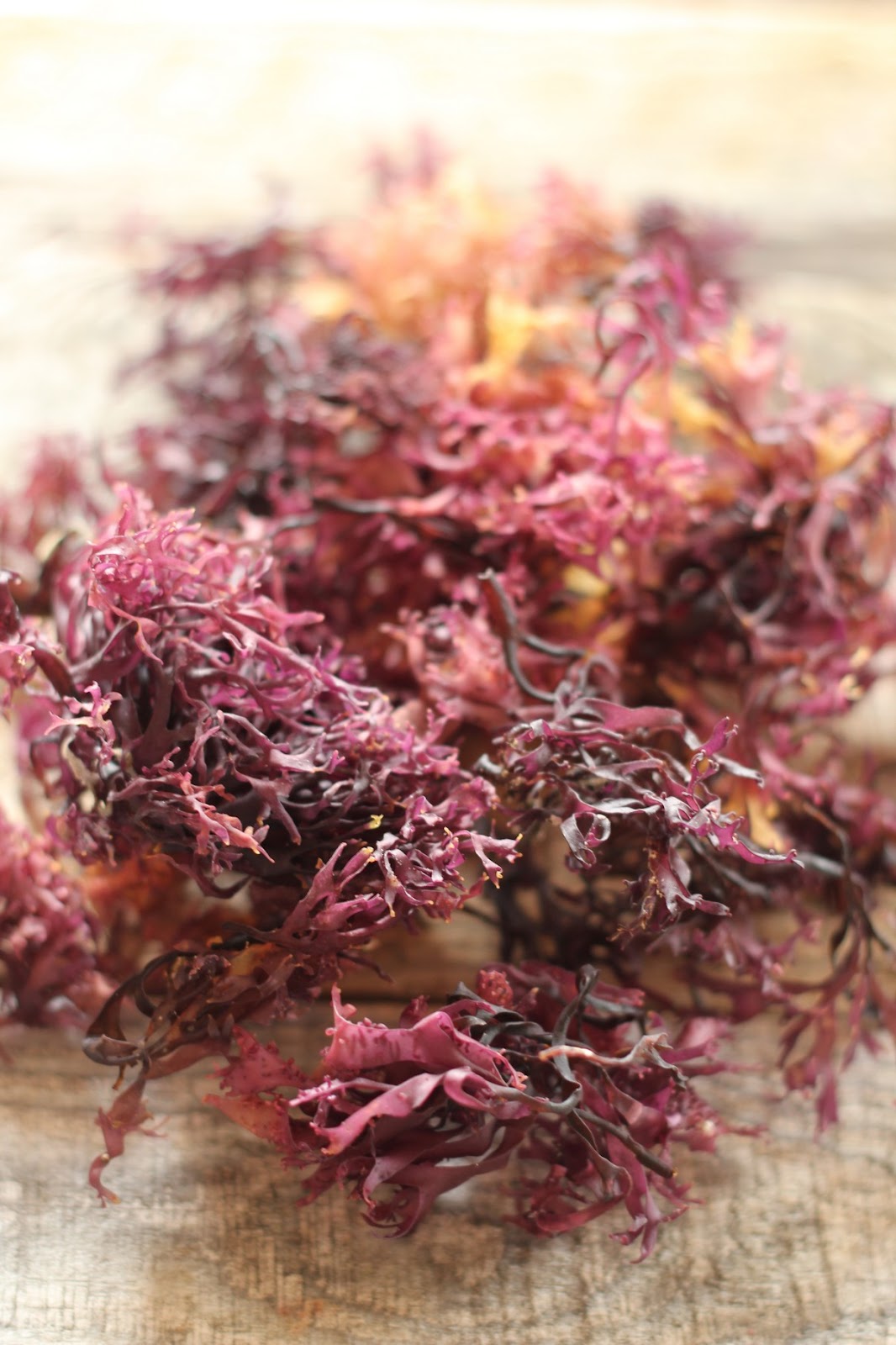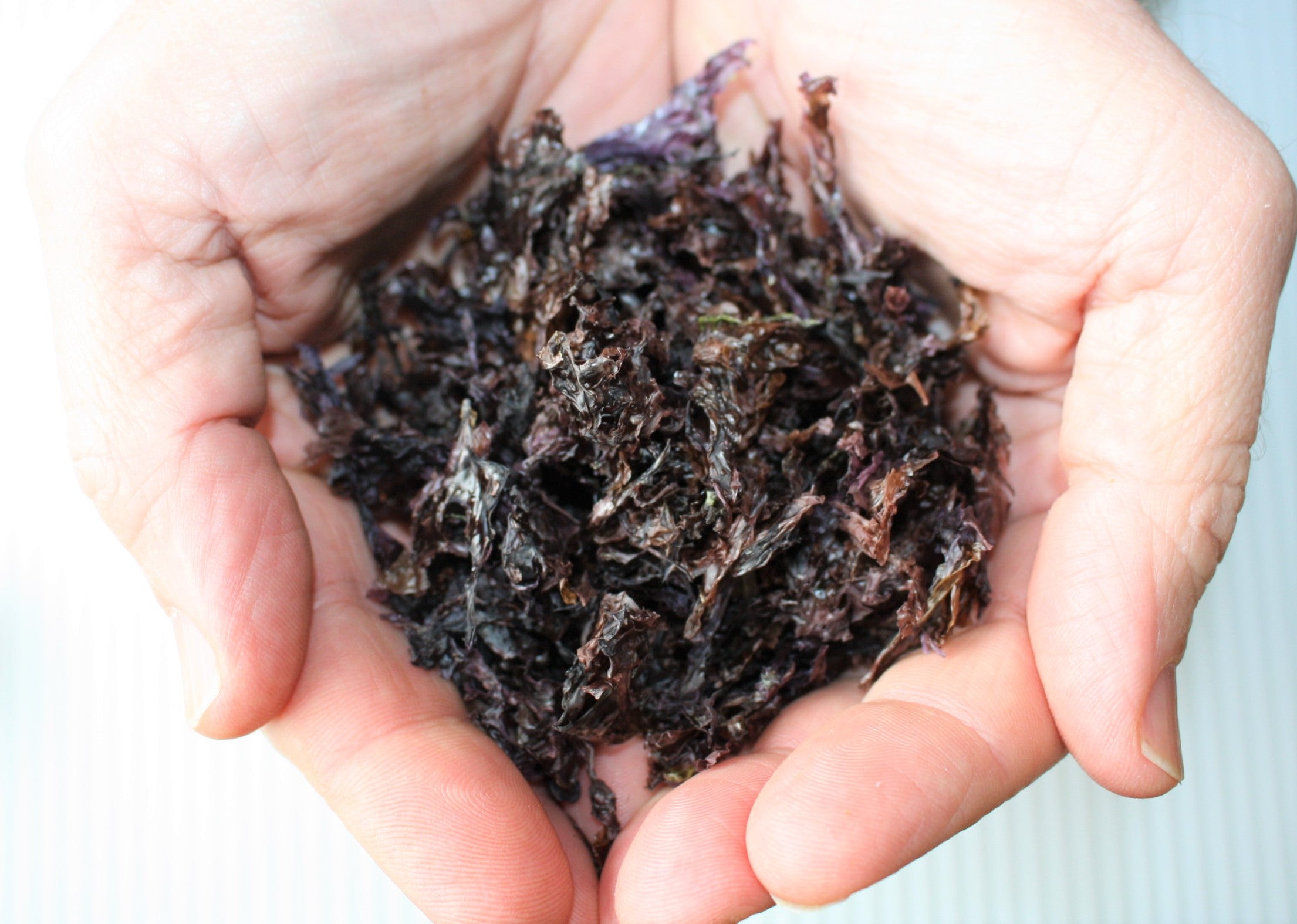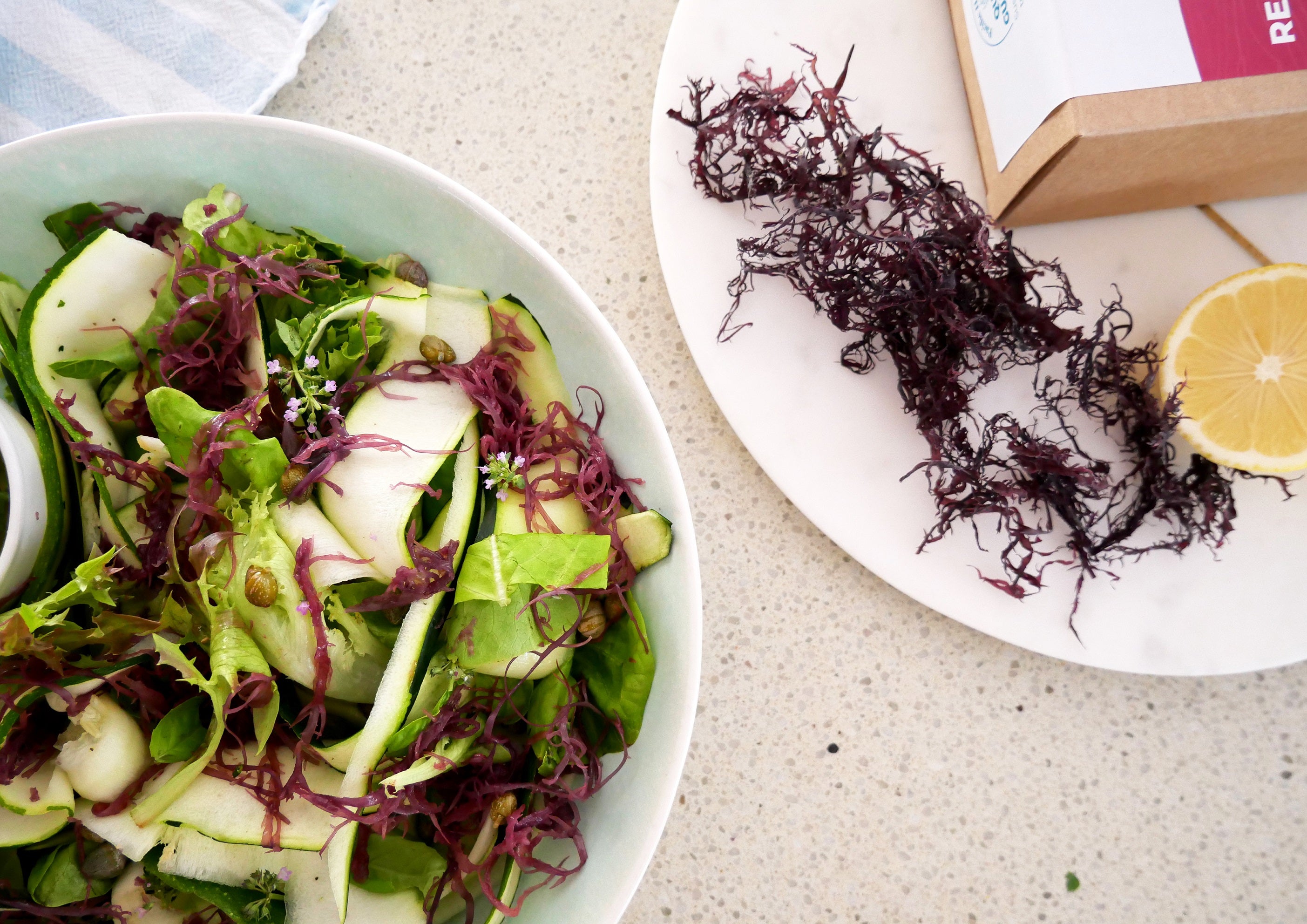While many factors contribute to high blood pressure, diet is one of the most powerful, and easiest, to adjust. With simple everyday changes, including a small dose of seaweed, we can help support healthier blood pressure levels naturally.
Understanding Blood Pressure—and Why It Matters
Blood pressure is essential. It helps push oxygen and nutrients through your circulatory system, nourishing tissues and organs. It also delivers hormones like insulin and immune cells that keep us healthy.
But when blood pressure remains too high for too long, known as hypertension, it places strain on the heart and arteries, increasing the risk of heart disease, stroke, and other serious health issues.
Two Diet-Linked Drivers of High Blood Pressure
Among the many contributing factors to high blood pressure, two are directly diet-related:
-
Too much sodium – Excess salt causes the body to retain fluid, which raises blood pressure.
-
Too little potassium – Potassium helps balance sodium levels in our cells. A lack of potassium (from poor diet, dehydration, or other health issues) can cause sodium to build up in the bloodstream, contributing to hypertension.
The Sodium-Potassium Connection
Sodium and potassium are key electrolytes that work together to manage fluid balance, nutrient transport, and cellular function. When consumed in the right ratio, they help regulate blood pressure and support overall health.
While often used interchangeably, sodium and salt aren’t the same. Salt—also known as sodium chloride—is a common compound that includes sodium as one of its components. Sodium is a mineral essential to life, but modern diets often deliver it in excess, particularly through processed foods.
Potassium, on the other hand, is primarily found in whole foods like fruits, vegetables, and yes—seaweed. It’s the dominant electrolyte inside our cells and plays a key role in counterbalancing sodium’s effects.
Processed foods often contain large amounts of sodium chloride for flavour, texture, and preservation—while contributing little to our potassium intake. Regular table salt is also highly refined and typically iodised.
Other essential electrolytes like calcium, magnesium, phosphate, and chloride are equally important in the broader balance of minerals that support healthy blood pressure.
Can Eating Seaweed Help Lower Blood Pressure?
Yes, especially when used to replace traditional salt. Seaweeds offer a naturally salty flavour thanks to their broad spectrum of minerals—not just sodium. Many seaweed species are actually lower in sodium chloride and higher in potassium salts.
Potassium salts can contain up to 70% less sodium than standard table salt and don’t carry the same risk of raising blood pressure. Because potassium and sodium are chemically similar, they stimulate the same taste receptors—providing that satisfying salty taste without the downside.
In fact, the U.S. FDA approved the use of the term “potassium salt” on food labels to encourage consumers to use it as a healthier alternative. Seaweeds are also a natural source of calcium, magnesium, and phosphate—further supporting cardiovascular and overall health.
Everyday Ways to Use Seaweed as a Salt Alternative
Read more in our blog on using seaweed as a salt substitute or explore these simple swaps:
-
Sprinkle kelp granules in place of table salt.
-
Use dulse flakes as a finishing touch on eggs or avocado toast.
-
Add wakame or kombu to soups and stews for savoury depth and a mineral boost.
Many of our customers report that after incorporating seaweed regularly, their cravings for salty foods decreased—a sign their mineral needs were being met more naturally.
Pro tip: Mix and match your seaweeds! Different seaweeds bring unique mineral profiles and flavour notes to your plate. Here are some suggestions to get you started!
|
Replace these |
With these seaweed-based alternatives |
Benefit |
|---|---|---|
|
Salt/Rock Salt/Plain Sea Salt |
Seaweed Salt, Kelp Salt, Kelp seasoning, Kelp powder, Power of Three flakes |
Increased minerals Increased umami flavour Increase visual appeal |
|
Chemical stocks |
Soak a Kombu leaf or strip in your stock water |
Deeper umami flavour Increased nutrients |
|
Garlic /Chilli |
More nutrients Tenderising Deeper umami flavours |
|
|
MSG/Aromat |
Kelp seasoning (particularly Garlic Kelp seasoning) |
Chemical free flavours Umami richness Mineral richmess |
|
Parsley / Pepper |
Kelp powder, |
Increased minerals Deeper umami flavours Increased visual appeal |
|
Anchovies Mushroom |
Plant based alternative to Anchovy Increased nutrients Dramatic colour and texture |
|
|
Liquid Smoke/ Hickory |
Manuka Smoked Atlantic Dulse Flakes, Manuka Smoked Salt |
Chemical free seasoning Increased minerals Strong visual appeal Unique flavours |
* a delicate, sorrel-like flavour
** known as the vegan bacon







